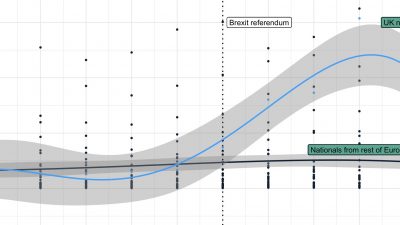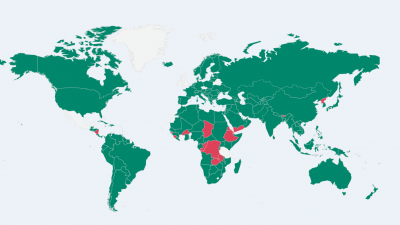
The Global State of Citizenship: Security-based citizenship deprivation resurgent and widespread
This is the second post in a series of blog posts on The Global State of Citizenship, accompanying the launch of an updated version of the GLOBALCIT Citizenship Law Dataset. It studies the four categories providing for loss of citizenship related to security grounds.









